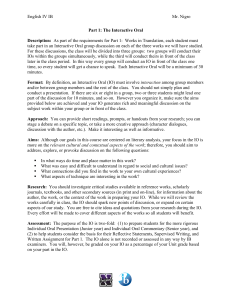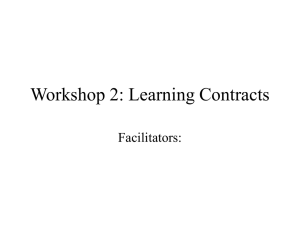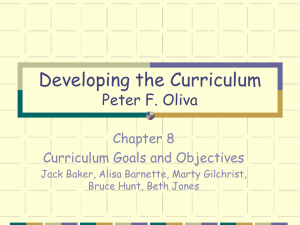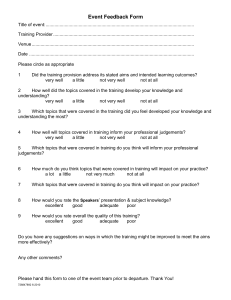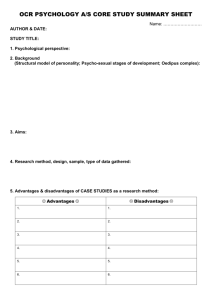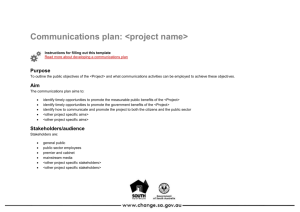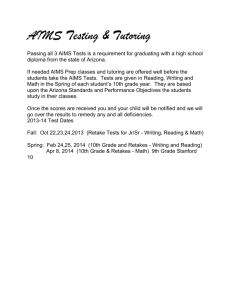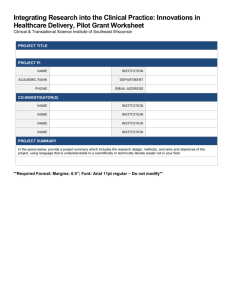GSM Module Synopsis - Year 1 modules
advertisement
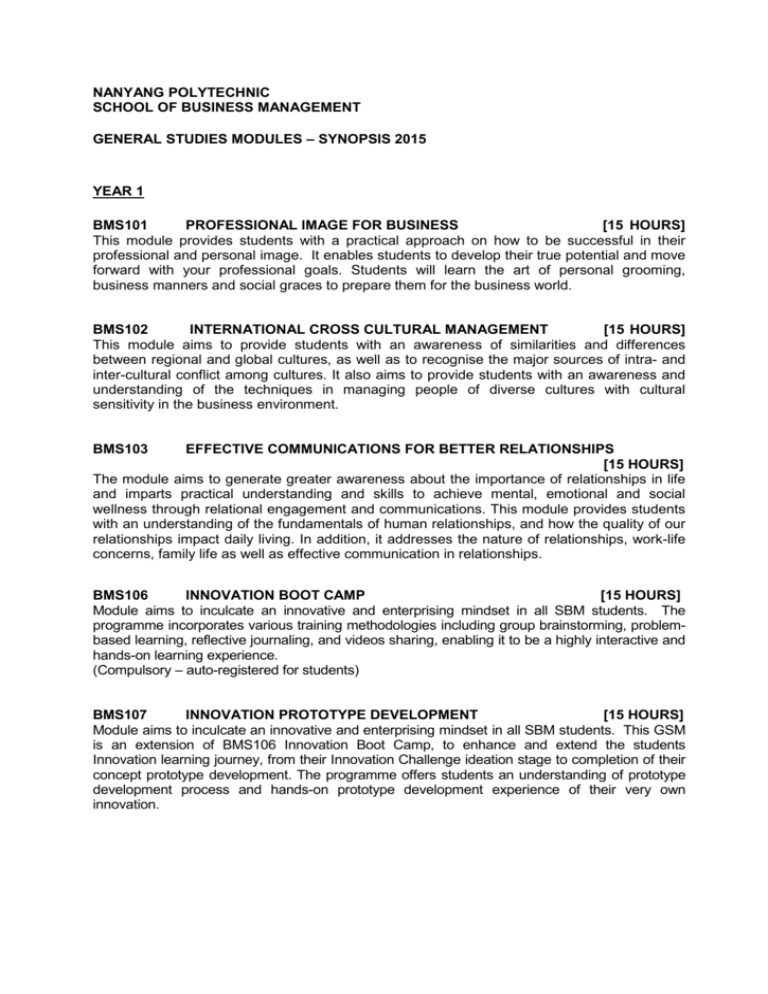
NANYANG POLYTECHNIC SCHOOL OF BUSINESS MANAGEMENT GENERAL STUDIES MODULES – SYNOPSIS 2015 YEAR 1 BMS101 PROFESSIONAL IMAGE FOR BUSINESS [15 HOURS] This module provides students with a practical approach on how to be successful in their professional and personal image. It enables students to develop their true potential and move forward with your professional goals. Students will learn the art of personal grooming, business manners and social graces to prepare them for the business world. BMS102 INTERNATIONAL CROSS CULTURAL MANAGEMENT [15 HOURS] This module aims to provide students with an awareness of similarities and differences between regional and global cultures, as well as to recognise the major sources of intra- and inter-cultural conflict among cultures. It also aims to provide students with an awareness and understanding of the techniques in managing people of diverse cultures with cultural sensitivity in the business environment. BMS103 EFFECTIVE COMMUNICATIONS FOR BETTER RELATIONSHIPS [15 HOURS] The module aims to generate greater awareness about the importance of relationships in life and imparts practical understanding and skills to achieve mental, emotional and social wellness through relational engagement and communications. This module provides students with an understanding of the fundamentals of human relationships, and how the quality of our relationships impact daily living. In addition, it addresses the nature of relationships, work-life concerns, family life as well as effective communication in relationships. BMS106 INNOVATION BOOT CAMP [15 HOURS] Module aims to inculcate an innovative and enterprising mindset in all SBM students. The programme incorporates various training methodologies including group brainstorming, problembased learning, reflective journaling, and videos sharing, enabling it to be a highly interactive and hands-on learning experience. (Compulsory – auto-registered for students) BMS107 INNOVATION PROTOTYPE DEVELOPMENT [15 HOURS] Module aims to inculcate an innovative and enterprising mindset in all SBM students. This GSM is an extension of BMS106 Innovation Boot Camp, to enhance and extend the students Innovation learning journey, from their Innovation Challenge ideation stage to completion of their concept prototype development. The programme offers students an understanding of prototype development process and hands-on prototype development experience of their very own innovation. BMS121 PEOPLE SKILLS [15 HOURS] The objective of this module is to develop students’ soft skills, in order to complement the technical skills they acquire through formal education. Communications form an integral part of how we deal with others. Whether it is building new ones or maintaining existing ones, relationship mastery is vital. Different people like to be treated or spoken to differently. Students will learn how to assess a person and how to influence people using basic rapportbuilding techniques and simple negotiation strategies. BMS141 PILLARS OF LIFE [15 HOURS] Pillars of Life is a character development module designed to engage and inspire students to make a difference to positively impact themselves, their families, their community, the nation, the world and the future. Students find themselves on a learning adventure as they discover their own character traits, inclinations and blind spots set against the varying environments they undoubtedly find themselves in. This module explored six core values: Respect, Responsibility, Integrity, Care, Resilience and Harmony. It aims to cultivate a generation of students that is a confident person, a self-directed learner, concerned citizen and an active contributor to their family, community, nation, world and to the future. (Compulsory – auto-registered for students) EGS120 APPRECIATION OF BIOTECHNOLOGY [15 HOURS] This module introduces students to the biotechnology development and how it impacts on our daily living. The module covers the major developments in biotechnology such as gene-todrug, transgenics, agricultural revolution, and emerging technologies due to gene revolution. Students will track through the journey in drug discovery, genetic and therapeutic cloning, transgenic organisms, genetically-modified foods and forensic technology. Ethical and controversial issues arising from genetic revolution will also be discussed and debated among students in class. EGS552 INTRODUCTION TO ASTRONOMY [15 HOURS] This module covers an introduction to astronomy. Topics covered include history of astronomy, solar system, deep space celestial objects and stars constellations. Students will be introduced to the operating principle of the binoculars and the various types of telescopes. They will have hands-on experiences of using these instruments to observe the moon, planets and stars. The module will also give an understanding of the various astronomical phenomena such as lunar and solar eclipses. ITS503 EXPLORING PHOTOGRAPHY [15 HOURS] This module aims to introduce students to the art and science of photography. Students will explore the idea of compose and expose. In addition, the technical aspects and functions of the camera will be covered. Students will also learn techniques to provide greater control, precision and flexibility in digital imaging. CLS108 FOOD CULTURE [15 HOURS] Food has always been in the history of any civilization in the world. This module will explore the sensory, emotional, cultural and geo-political aspects of food and food culture. These will be covered through the socio-cultural study of food and its consumption. Students will be discovering how the human diet has evolved over the times and its major landmarks and factors that have changed in history affecting how food is consumed. Students will look into food integration with the social organization, religion influences, and technology in relation to food consumption. Students will also be introduced to the current world trends that affect food consumption. ITS510 PROBLEM SOLVING USING COMPUTATIONAL THINKING [15 HOURS] Computational Thinking involves a set of problem-solving skills and techniques that draws on concepts fundamental to computer science. In this module, students will learn the key concepts of Computational Thinking through games and activities. Students will also learn how to apply the Computational Thinking skills, with other useful techniques and tools, to solve a domain-specific problem.

